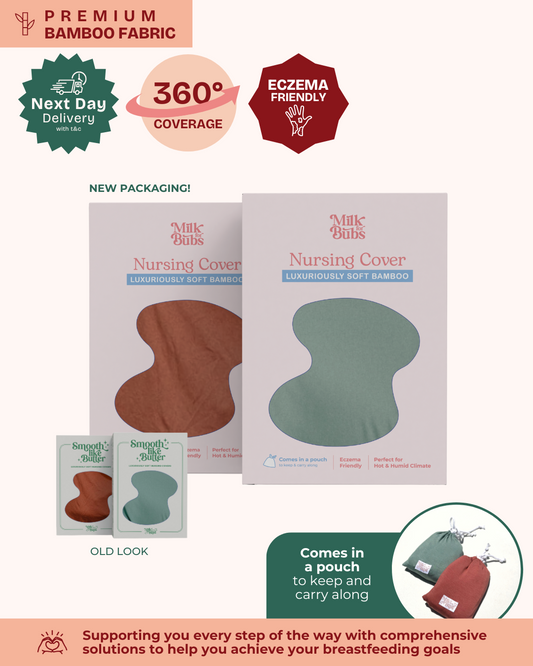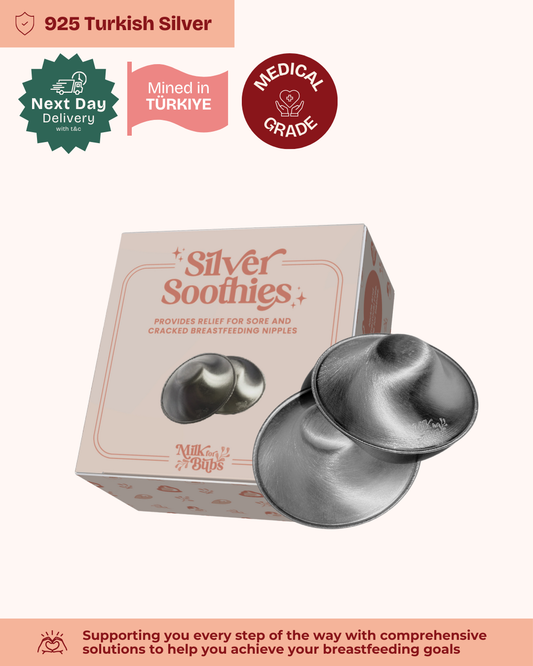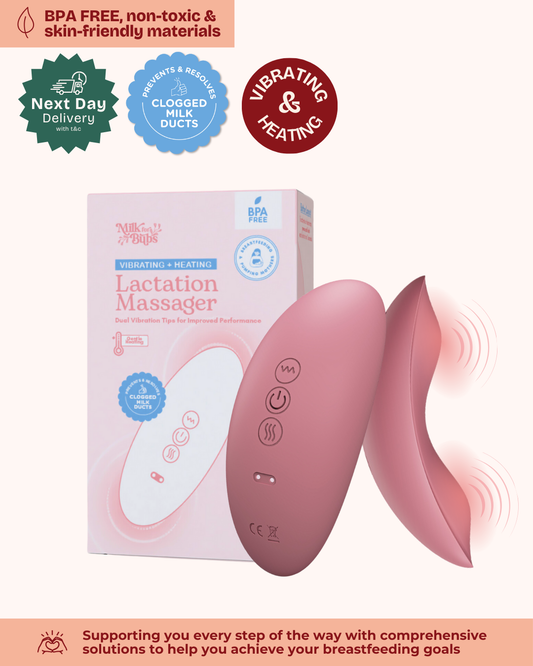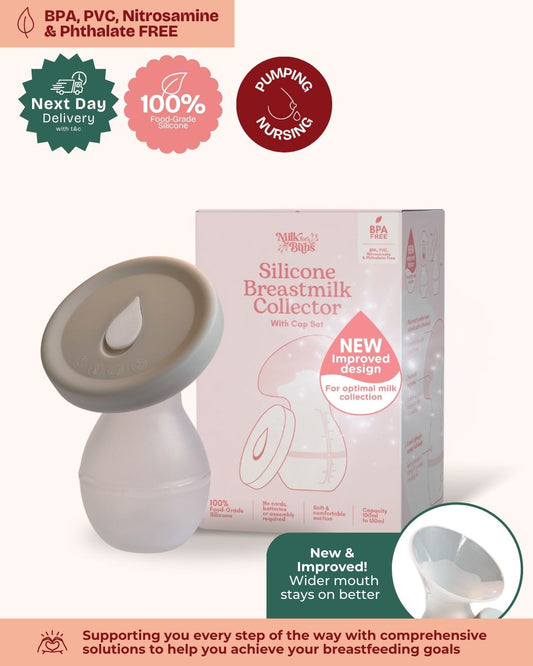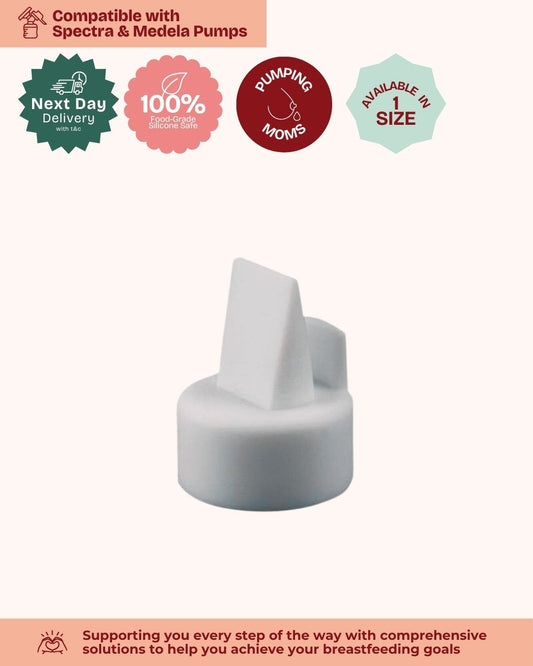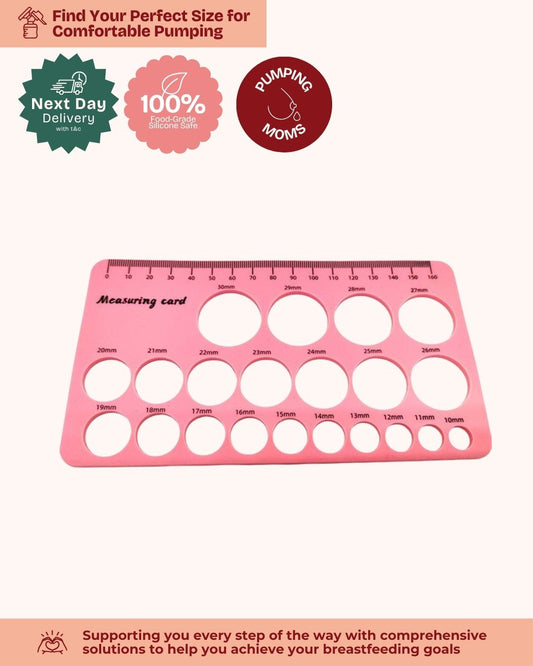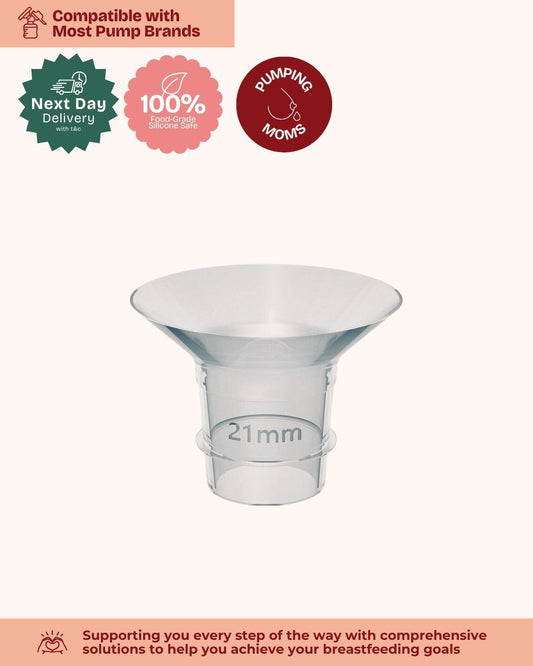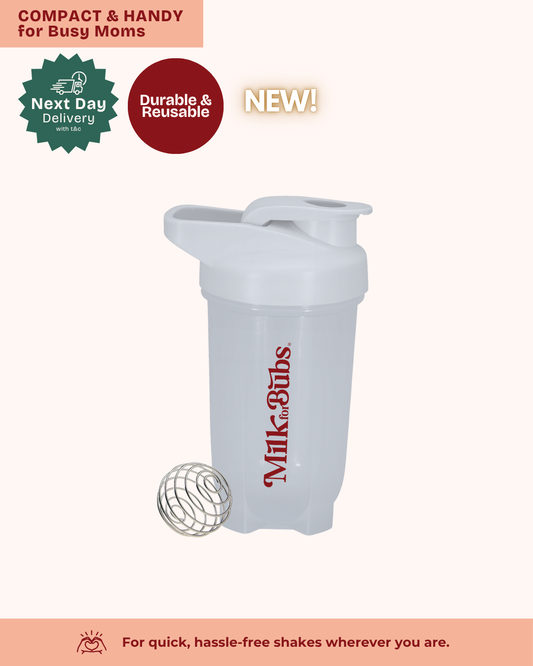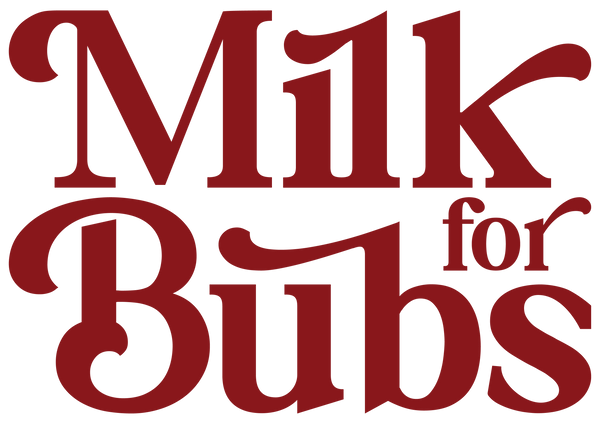1.Importance of Nutrition During Breastfeeding

Breast milk is a dynamic substance that changes in composition to meet your baby's evolving nutritional needs. Your body requires additional calories, vitamins, and minerals during breastfeeding to support milk production while maintaining your own health. By prioritizing nutrient-rich foods and supplements, you can provide your baby with the best possible start in life.
2.Essential Nutrients for Breastfeeding Moms

One of the most common challenges new moms face is latching difficulties, where the baby struggles to properly attach to the breast. To overcome this challenge:
a. Protein: Incorporate lean protein sources such as poultry, fish, tofu, beans, and lentils into your diet to support tissue repair and growth.
b. Calcium: Dairy products, fortified plant-based milk, leafy greens, and almonds are excellent sources of calcium, essential for bone health and nerve function.
c. Omega-3 Fatty Acids: Include fatty fish like salmon, chia seeds, walnuts, and flaxseeds to ensure an adequate intake of omega-3 fatty acids, crucial for brain development in infants.
d. Iron: Iron-rich foods such as lean meats, fortified cereals, spinach, and lentils help prevent iron deficiency anemia and support energy levels.
e. Vitamin D: Exposure to sunlight and fortified foods like fortified milk, orange juice, and cereals can help meet your vitamin D needs, essential for bone health and immune function.
3.Lactogenic Foods to Boost Milk Supply

Certain foods are believed to have lactogenic properties, meaning they may help enhance milk production. Incorporate these lactogenic foods into your diet to support breastfeeding success:
a. Oats: Enjoy oatmeal, granola, or lactation cookies made with oats to increase milk supply.
b. Flaxseeds: Sprinkle ground flaxseeds on yogurt, cereal, or salads to benefit from their omega-3 fatty acids and phytoestrogens, which may boost lactation.
c. Brewer's Yeast: Incorporate brewer's yeast into smoothies, baked goods, or lactation snacks for its B-vitamins and minerals, thought to support milk production.
Incorporating Milkforbubs Lactation Cookies: As part of your breastfeeding nutrition plan, consider incorporating Milkforbubs lactation cookies into your diet.
These delicious cookies are specially formulated with oats, flaxseeds, and brewer's yeast, known for their lactogenic properties. Handcrafted with care and locally sourced ingredients, Milkforbubs lactation cookies provide a convenient and wholesome snack option for breastfeeding moms, helping to support milk production while satisfying your sweet cravings.
4.Hydration

Staying hydrated is crucial for milk production. Aim to drink plenty of water throughout the day, and consider incorporating hydrating foods like fruits and vegetables into your diet.
5.Supplements for Breastfeeding Moms

In addition to a balanced diet, some breastfeeding moms may benefit from supplements to ensure they meet their nutritional needs. Discuss with your healthcare provider whether you should consider taking supplements such as:
a. Prenatal vitamins: Continue taking your prenatal vitamins or switch to a postnatal vitamin specifically formulated for breastfeeding moms.
b. Omega-3 supplements: If you're not consuming enough omega-3-rich foods, consider taking a fish oil or algae-based omega-3 supplement.
c. Vitamin D: Depending on your sun exposure and dietary intake, your healthcare provider may recommend a vitamin D supplement to maintain adequate level
Optimizing your nutrition during breastfeeding is essential for both you and your baby's health and well-being. By focusing on nutrient-rich foods, incorporating lactogenic foods, staying hydrated, and considering supplements when necessary, you can support optimal milk production and provide your baby with the best possible start in life.
Remember to consult with your healthcare provider or a registered dietitian for personalized guidance on breastfeeding nutrition. Embrace the journey of breastfeeding with confidence, knowing that you're nourishing your baby with love and care.

![[Bundle of 5] Disposable Milk Storage Bags with Storage Guidelines](http://milkforbubs.com/cdn/shop/files/IGP_Milk_Bag_Storage_Collaterals_1.png?v=1767068391&width=533)
